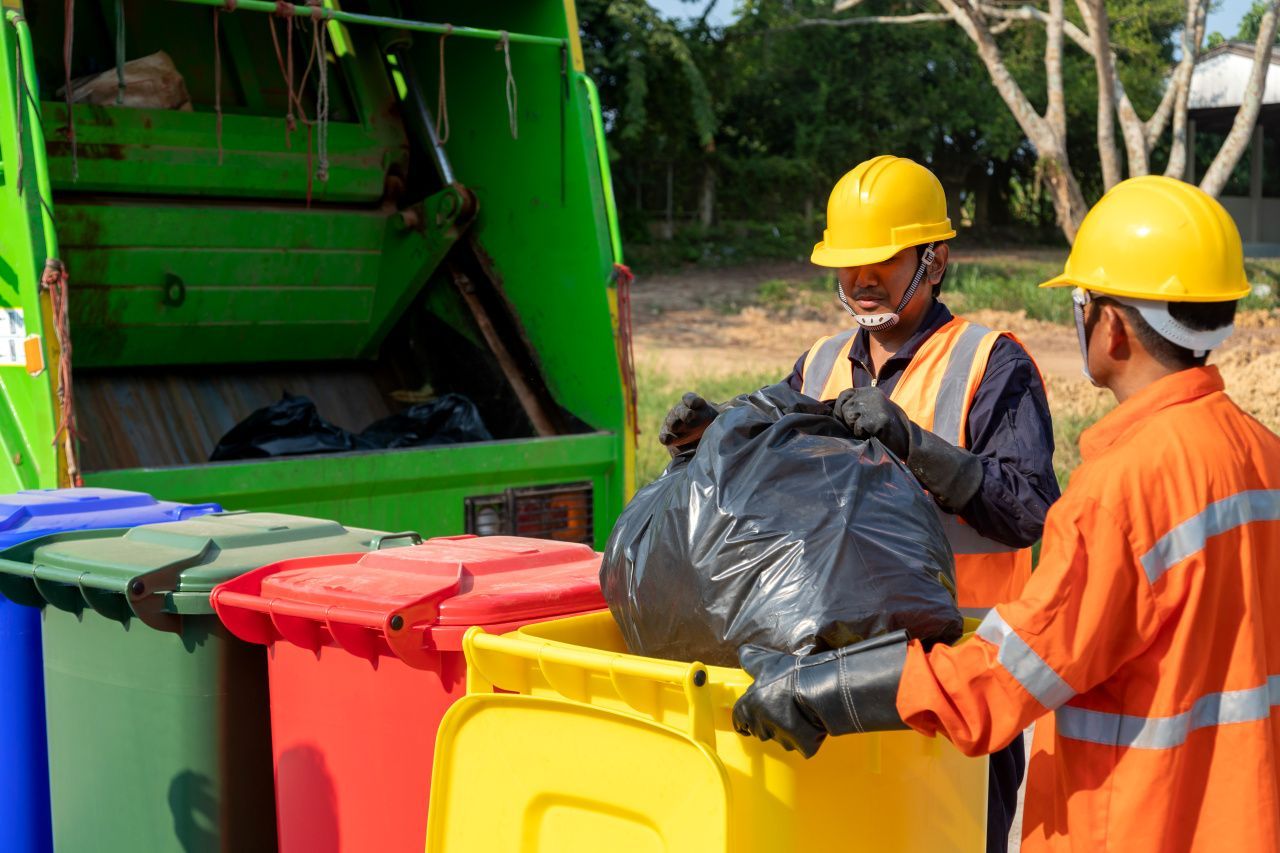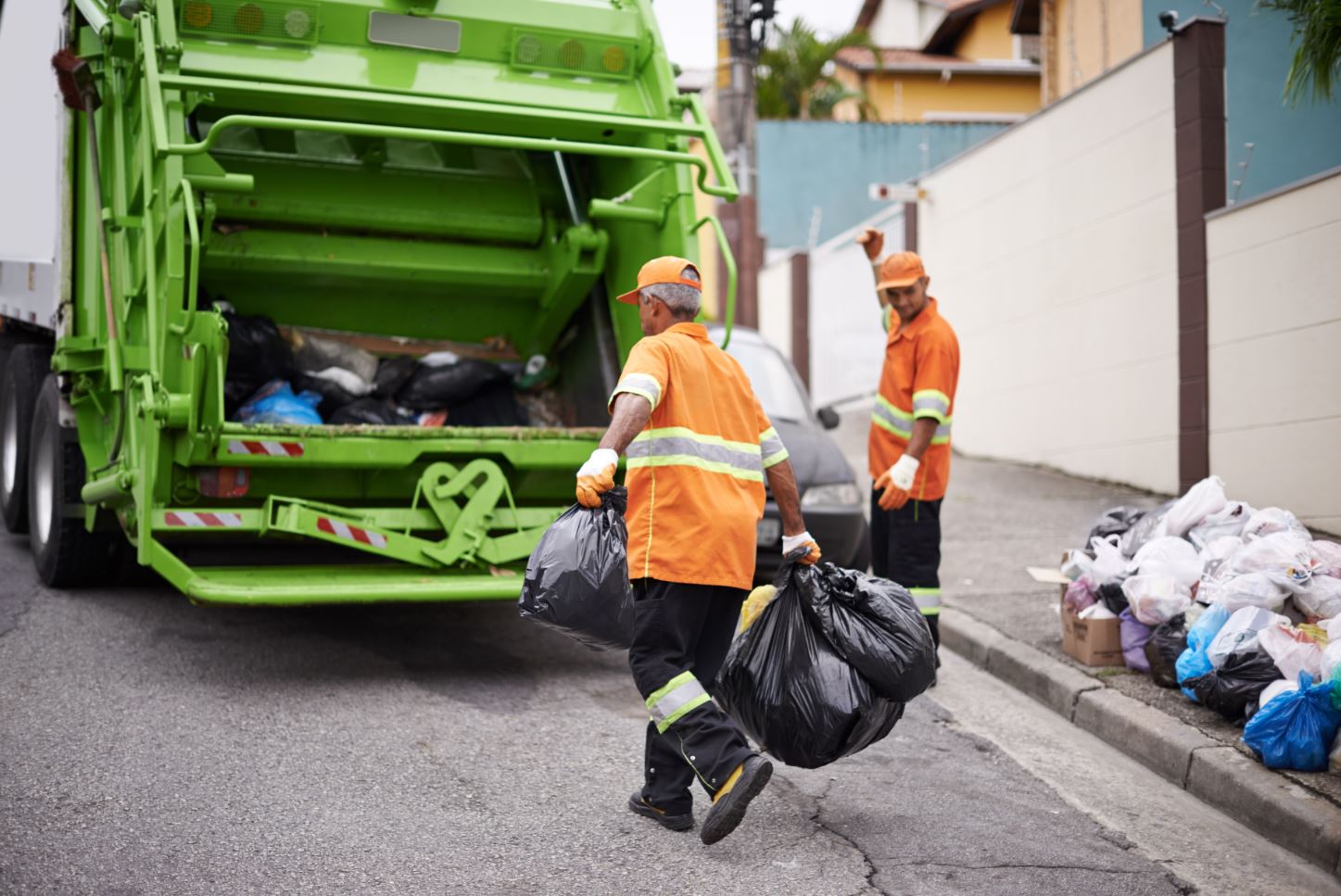Rubbish Collection Lewisham:
Timely Rubbish Collection Lewisham is an essential service that maintains hygiene, protects public health, and ensures the overall well-being of communities. When waste is not disposed of promptly, it leads to environmental degradation and poses serious health risks to individuals and entire neighbourhoods. Uncollected rubbish becomes a breeding ground for disease-causing organisms and pollutants, creating an ecosystem that can spread illnesses and deteriorate the quality of life.
Attracting Pests and Disease Vectors
Uncollected rubbish provides food and shelter for pests such as rodents, cockroaches, and flies, all known to spread diseases.
Diseases Spread by Rodents
Rodents like rats and mice thrive in areas with uncollected rubbish. They carry and transmit:
Leptospirosis:
Viruses caused by bacteria in the urine of infected rats can lead to fever, kidney damage, and liver failure in humans.
Hantavirus:
A severe respiratory disease spread through contact with rodent droppings or urine.
Diseases Spread by Flies
Flies that breed on decaying waste are carriers of pathogens responsible for:
Typhoid fever:
This is caused by bacteria transmitted through contaminated food and water.
Cholera:
A severe diarrheal disease linked to poor sanitation and contaminated water.
Dysentery:
A gastrointestinal infection resulting in severe diarrhoea with blood.
Airborne Health Hazards
Decomposing waste produces foul odours and releases harmful gases, such as methane and ammonia, into the air. These gases contribute to respiratory and other health problems:
Respiratory Infections:
Continuous exposure to harmful gases can irritate the respiratory system, leading to asthma, bronchitis, and other chronic pulmonary diseases.
Headaches and Fatigue:
Prolonged exposure to foul odours can cause dizziness, headaches, and fatigue.
These pollutants have been linked to:
- Lung Cancer
- Cardiovascular Diseases
- Chronic Obstructive Pulmonary Disease (COPD)
Contamination of Water Sources
Improperly disposed rubbish often finds its way into water bodies, contaminating them with harmful substances. This pollution can cause the spread of waterborne viruses:
Cholera:
Caused by consuming water contaminated with the Vibrio cholerae bacteria.
Hepatitis A and E:
Viral infections spread through contaminated water.
Giardiasis:
A parasitic infection resulting from drinking water polluted with faecal matter.
Leachate—a toxic liquid generated as waste decomposes—can seep into groundwater and nearby water supplies. This pollution poses long-term risks to human health and ecosystems.
Breeding Ground for Mosquitoes
Stagnant water accumulating in uncollected waste, such as discarded cans, plastic containers, and tyres, becomes a perfect breeding ground for mosquitoes. These mosquitoes are vectors for:
Dengue Fever:
A viral disease causing high fever, severe headache, and joint pain.
Malaria:
Spread by Anopheles mosquitoes, malaria leads to chills, fever, and flu-like symptoms.
Zika Virus and Chikungunya:
Both are mosquito-borne diseases with symptoms like fever, rash, and joint pain.
Uncontrolled mosquito populations increase the risk of epidemics, particularly in tropical and subtropical regions.
Skin and Eye Infections
Direct contact with decomposing waste or exposure to polluted environments can lead to skin and eye infections:
Dermatitis:
Skin irritation is caused by exposure to harmful chemicals or pathogens in waste.
Waste scavengers, sanitation workers, and residents in areas with poor waste management are particularly vulnerable to these infections.
Psychological and Emotional Stress
Living near uncollected rubbish heaps can also impact mental health. The foul smell, unsightly surroundings, and constant presence of pests can lead to:
Stress and Anxiety:
Worry about potential health risks and deteriorating living conditions.
Depression:
Persistent exposure to unhygienic environments can contribute to feelings of helplessness and low morale.
Sleep Disturbances:
Noise from scavenging animals and discomfort caused by foul odours can disrupt sleep patterns.
Risk of Food Chain Contamination
Improper waste disposal can contaminate agricultural lands and crops with hazardous substances, such as heavy metals and pathogens. Consuming food grown in such environments exposes humans to:
Toxicity:
Heavy metal poisoning from contaminated produce.
Bioaccumulation:
Long-term ingestion of toxins that accumulate in the body affects organs and overall health.
Impact on Vulnerable Groups
Certain populations are more susceptible to the health risks associated with uncollected rubbish:
Children:
Exposure to waste can compromise their developing immune systems, making them prone to infections and respiratory issues.
Elderly:
Pre-existing health conditions make older adults more vulnerable to diseases caused by poor waste management.
Low-Income Communities:
People in underprivileged areas often face inadequate waste management services, increasing their exposure to the risks.
Conclusion:
Failing to collect rubbish on time poses severe health risks, ranging from infectious diseases to chronic conditions and mental health challenges. Uncollected waste affects individuals and threatens the well-being of entire communities. Governments, organisations, and individuals must prioritise effective waste management practices to mitigate these risks. Regular Rubbish Collection Greenwich, proper waste disposal, and community awareness campaigns can help create cleaner, healthier, and safer environments for everyone.







